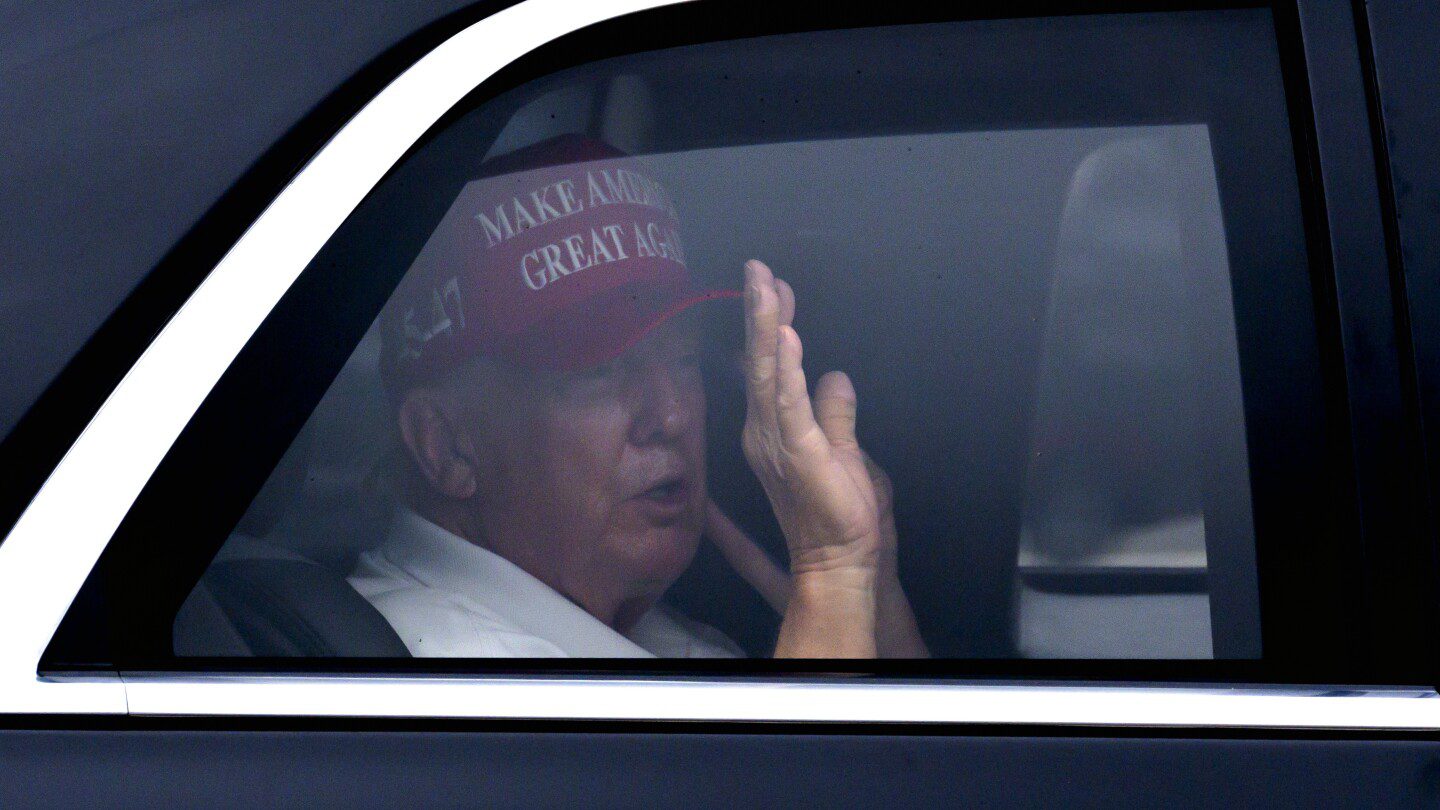
WASHINGTON (AP) — The Trump administration has issued a strict deadline for schools and universities across the United States, mandating that they eliminate all diversity programs within two weeks, or face the prospect of losing federal funding. This decision intensifies the administration’s battle against what it terms “wokeness,” leaving educational institutions in a state of uncertainty as they rush to adapt.
In a memo issued on Friday, the Department of Education set forth an ultimatum, requiring the cessation of “racial preferences” as a criterion for admissions, financial aid, hiring, and other processes. Institutions are afforded a mere 14 days to cease any practices that differentiate candidates or employees based on race.
This broad directive could significantly impact various educational practices. The memo specifically instructs college admissions offices to discontinue personal essays that might allow for the inference of an applicant’s race. Additionally, it prohibits the organization of dormitories or graduation ceremonies based on racial classifications, and any initiatives aimed at recruiting educators from underrepresented demographics could potentially be viewed as discriminatory.
The memo aims to address what it characterizes as prevalent discrimination within the education system, often directed against white and Asian students. “Schools have operated under the assumption that using ‘diversity’ as a criterion for student selection is not equivalent to racial selection,” noted Craig Trainor, acting assistant secretary for civil rights. “This notion is no longer acceptable. Students should be evaluated based on merit, achievements, and character.”
While the memo does not alter federal law, it signifies a shift in how the federal government interprets antidiscrimination policies. Its expansive wording suggests that almost any practice involving race could now be classified as racial discrimination.
As a legal basis for this new memo, it references the 2023 Supreme Court ruling that prohibited race as a factor in college admissions. Although this ruling specifically addressed admissions, the memo asserts that its implications extend more widely.
“In essence, educational institutions are prohibited from segregating students by race or packaging benefits based on race,” the memo states.
This new directive expands upon President Donald Trump’s executive order that forbids diversity, equity, and inclusion programs. Furthermore, the Education Department announced the cancellation of $600 million in grants designed for training teachers, labeling the programs as promoting “divisive” ideologies, including DEI, critical race theory, and social justice initiatives.
The memo has ignited a wave of concern throughout America’s colleges as administrators swiftly evaluate their vulnerabilities. Many are urgently reviewing which initiatives might expose them to risk.
At the University of Michigan, President Santa J. Ono conveyed in a message that university leaders are actively working to comprehend the implications of the memo. He highlighted two notable examples: the prohibition against admissions essays that could suggest an applicant’s race, and a stipulation that eliminates standardized testing requirements with the intent of achieving a specified racial balance.
In recent years, numerous universities, including Michigan, have opted to discontinue standardized testing as part of their admissions process.
Some institutions, however, anticipate minimal changes stemming from the memo. At Oregon State University, a legal assessment found that its programs “fully comply with all state and federal regulations,” as stated by Rob Odom, vice president of university relations and marketing.
The department’s memo seems to target scholarships reserved for specific racial backgrounds. There is an ongoing legal debate regarding whether the Supreme Court ruling applies to financial aid, prompting some institutions to reconsider racial prerequisites for specific scholarships.
The National Association of Student Financial Aid Administrators pointed out that there is no unified perspective on this issue, and the organization is striving to understand the potential ramifications of the memo on student financial aid. “What is clear is that the two-week timeline is inadequate for educational institutions to assess and implement necessary changes for compliance,” the group stated. “Amidst the uncertainty, students are left to navigate their financial planning for college, unsure of the status of crucial aid.”
The confusion surrounding Trump’s directive was evident during last week’s confirmation hearing for education secretary nominee Linda McMahon. When asked if classes focused on African American history would conflict with the president’s order, McMahon admitted uncertainty.
___
The Associated Press’ education coverage is supported by several private foundations. AP maintains full editorial control over its content. For more information on AP’s standards regarding partnerships with philanthropies, as well as a comprehensive list of supporters and funded coverage areas, please visit AP.org.









